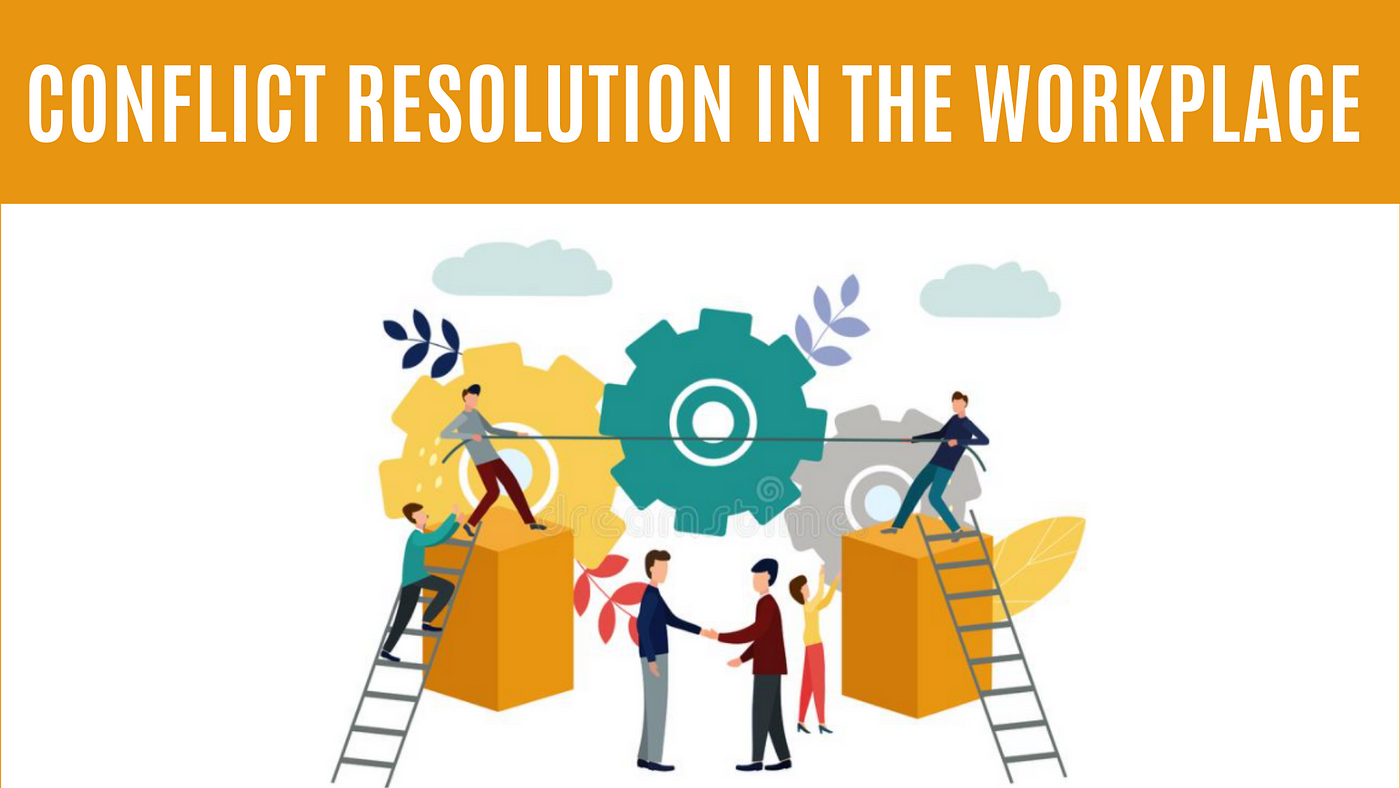Conflict Resolution in the Workplace: Strategies for Managing and Resolving Conflict
Conflict is a natural and inevitable aspect of workplace dynamics, arising from differing perspectives, goals, and personalities. Effective conflict resolution is essential for maintaining a positive work environment, fostering collaboration, and ensuring productivity. This article explores strategies and techniques for managing and resolving conflicts in the workplace to promote harmonious relationships and achieve mutual understanding.


Importance of Home Security Systems
1. Deterrence: Visible security systems, such as cameras and alarms, act as deterrents to potential intruders, reducing the likelihood of burglary and unauthorized access.
2. Remote Monitoring: Modern security systems offer remote monitoring capabilities via smartphones or computers, allowing homeowners to monitor their property in real-time and receive alerts for suspicious activities.
3. Emergency Response: Integrated systems can alert emergency services, such as police or fire departments, in case of a break-in, fire, or medical emergency, ensuring quick response times and potentially saving lives.
4. Insurance Benefits: Many insurance companies offer discounts on homeowner's insurance premiums for properties equipped with certified security systems, as they reduce the risk of property damage and theft.
Understanding Workplace Conflict
1. Types of Conflict: Conflict in the workplace can manifest in various forms, including interpersonal conflicts between colleagues, conflicts over resources or responsibilities, and disagreements about work methods or goals.
2. Causes of Conflict: Common causes of workplace conflict include poor communication, differences in values or priorities, misunderstandings, competition for resources, and incompatible work styles.
3. Impact of Conflict: Unresolved conflict can lead to decreased morale, increased stress levels, decreased productivity, absenteeism, and a negative organizational culture. Addressing conflicts promptly is crucial to prevent escalation and minimize disruption.
Strategies for Managing and Resolving Conflict
1. Open Communication:
- Encourage Dialogue: Create a culture where employees feel comfortable expressing concerns and discussing conflicts openly.
- Active Listening: Listen attentively to all parties involved, seeking to understand their perspectives and underlying interests.
- Clarify Expectations: Ensure clarity on roles, responsibilities, and expectations to prevent misunderstandings that may lead to conflict.
2. Collaborative Problem-Solving:
- Focus on Interests: Identify the underlying needs and interests of each party rather than focusing solely on positions.
- Brainstorm Solutions: Encourage brainstorming sessions to explore multiple solutions and find common ground that satisfies everyone involved.
- Seek Win-Win Solutions: Aim for solutions that benefit all parties and promote cooperation rather than fostering winners and losers.
3. Mediation and Facilitation:
- Neutral Third Party: Consider involving a mediator or facilitator who can help facilitate constructive dialogue, clarify misunderstandings, and guide the resolution process impartially.
- Conflict Resolution Training: Provide training to managers and employees on conflict resolution techniques and mediation skills to empower them to handle conflicts effectively.
4. Establishing Clear Policies and Procedures:
- Conflict Resolution Policy: Develop and communicate clear policies and procedures for addressing conflicts in the workplace, including steps for reporting, mediation, and escalation if necessary.
- Fairness and Transparency: Ensure fairness in conflict resolution processes, maintaining confidentiality where appropriate, and providing feedback on outcomes.
5. Emotional Intelligence and Empathy:
- Emotional Regulation: Encourage employees to manage their emotions effectively during conflicts, fostering a calm and constructive atmosphere.
- Empathy and Respect: Foster a culture of empathy and mutual respect, encouraging individuals to consider each other's perspectives and feelings.
Tips for Implementing Conflict Resolution Strategies
1. Early Intervention: Address conflicts promptly before they escalate and impact morale and productivity.
2. Encourage Collaboration: Promote teamwork and collaborative efforts that build trust and reduce the likelihood of conflicts arising.
3. Continuous Improvement: Review and refine conflict resolution strategies based on feedback and outcomes, adapting to the evolving needs of the workplace.
4. Follow-Up: After resolving a conflict, follow up with involved parties to ensure that the resolution remains effective and sustainable.


Conflict resolution in the workplace requires proactive measures, effective communication, and collaborative problem-solving to foster a positive and productive work environment. By understanding the root causes of conflict, implementing appropriate strategies, and promoting a culture of openness and respect, organizations can mitigate conflict's negative impacts and harness its potential for growth and innovation. Ultimately, investing in conflict resolution skills and creating supportive mechanisms ensures that conflicts are managed constructively, contributing to a harmonious workplace where employees thrive and contribute their best efforts towards organizational success.












